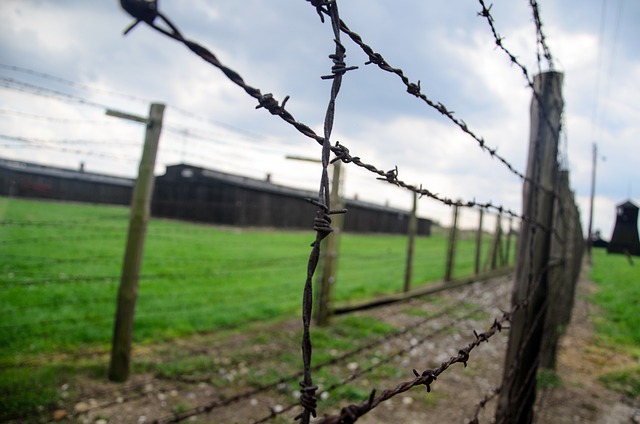In a landmark decision, the United States has announced the immediate revocation of all visas held by South Sudanese citizens, marking the first time the Trump administration has implemented a blanket visa cancellation for an entire nation’s population. The decision, confirmed by U.S. Secretary of State Marco Rubio late on Sunday, April 6, signals a dramatic shift in immigration and foreign policy enforcement.
“I am taking action to revoke all visas issued to holders of South Sudanese passports and to restrict further visa issuance to prevent their entry into the United States,” Rubio stated in an official message posted on the social media platform X. “This decision takes immediate effect due to the Transitional Government of South Sudan’s continued failure to cooperate in accepting repatriated citizens who have been ordered to leave the United States.”
According to Rubio’s announcement, the move is a direct response to Juba’s alleged obstruction of the repatriation process. The Secretary of State emphasized that the U.S. remains open to reversing the decision, should South Sudan demonstrate full cooperation with immigration enforcement efforts.
The order is understood to impact several hundred South Sudanese nationals currently residing in the United States on valid visas. Though exact figures remain unclear, recent data from the U.S. Department of Homeland Security indicated that 133 South Sudanese citizens currently benefit from Temporary Protected Status (TPS), while approximately 140 more are eligible for such protections. TPS was extended to South Sudanese nationals under the Biden administration until May 3, 2025, due to the country’s ongoing instability and humanitarian crisis.
South Sudan gained independence from Sudan in 2011, becoming the world’s newest country following decades of civil war driven by religious and ethnic divisions. The nascent state quickly plunged into another civil war in 2013, with warring factions contributing to mass displacement, widespread famine, and deadly disease outbreaks. Today, South Sudan remains one of the most impoverished nations globally, with thousands of its citizens living as refugees abroad.
The Trump administration’s visa decision comes on the heels of broader immigration crackdowns. In March, officials outlined plans to expel nearly 500,000 migrants from Cuba, Haiti, Nicaragua, and Venezuela who had entered the U.S. under specific parole programs. However, those efforts targeted particular immigration categories—not entire national populations.
The decision to revoke all South Sudanese visas has already drawn concern from humanitarian organizations and immigration advocates. Many argue that collective penalties for entire nationalities risk undermining U.S. commitments to due process and asylum protections. Nonetheless, the administration appears determined to use immigration tools to enforce foreign cooperation.
The State Department reiterated that further visa restrictions could be considered against other nations that do not comply with deportation procedures. In the meantime, all South Sudanese nationals with valid visas will face potential removal unless they possess alternative legal protections such as asylum status or TPS.
The move adds a new chapter to the already complex U.S.–South Sudan relations and sets a precedent for sweeping visa cancellations as a tool of diplomatic leverage.




